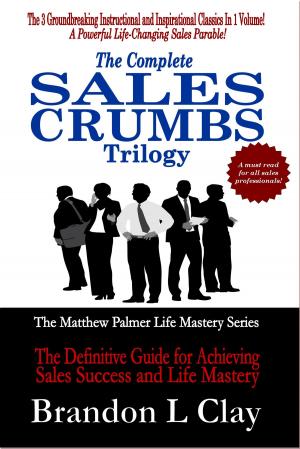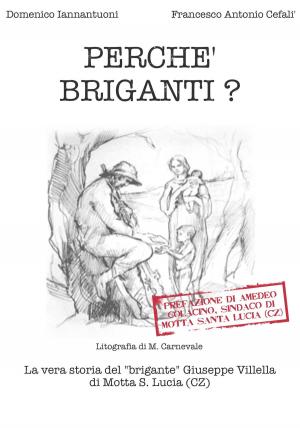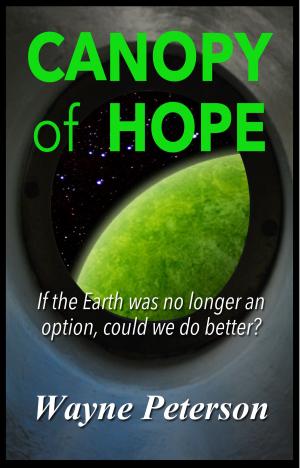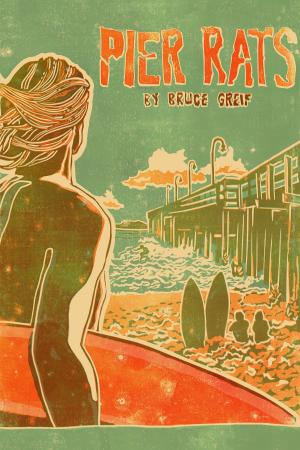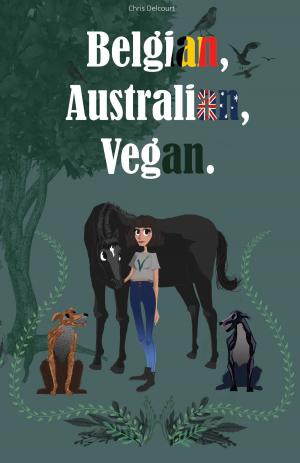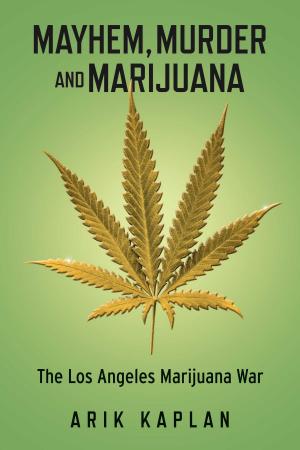| Author: | Eleanor Cowan | ISBN: | 9781483514949 |
| Publisher: | BookBaby | Publication: | December 12, 2013 |
| Imprint: | Language: | English |
| Author: | Eleanor Cowan |
| ISBN: | 9781483514949 |
| Publisher: | BookBaby |
| Publication: | December 12, 2013 |
| Imprint: | |
| Language: | English |
“How could a mother not know?” This is a question often asked about families where incest has occurred, and Eleanor Cowan’s gripping memoir, A History of a Pedophile’s Wife, steps up with answers that are courageous and heartbreaking. Cowan grew up in Quebec in the 1950s, in a large Roman Catholic family with a lethal mix of violence, addiction, and toxic pedagogy. Cowan details the dance of a survivor moving into adulthood: one step forward towards freedom, two steps back into conditioning, until a tipping point of consciousness is reached. As her memoir makes clear, that tipping point is not just a critical mass of abuse or even a touchstone of personal growth. It requires an enlarged and feminist context, permission to know the unknowable, and language to name the unspeakable. Cowan’s book is a primer in compassion, especially for those of us who were abused as children and left to struggle with legacies of distrust and rage towards our mothers. It’s a vivid indictment of a mother-blaming culture that protects the very institutions that perpetuate child abuse.
“How could a mother not know?” This is a question often asked about families where incest has occurred, and Eleanor Cowan’s gripping memoir, A History of a Pedophile’s Wife, steps up with answers that are courageous and heartbreaking. Cowan grew up in Quebec in the 1950s, in a large Roman Catholic family with a lethal mix of violence, addiction, and toxic pedagogy. Cowan details the dance of a survivor moving into adulthood: one step forward towards freedom, two steps back into conditioning, until a tipping point of consciousness is reached. As her memoir makes clear, that tipping point is not just a critical mass of abuse or even a touchstone of personal growth. It requires an enlarged and feminist context, permission to know the unknowable, and language to name the unspeakable. Cowan’s book is a primer in compassion, especially for those of us who were abused as children and left to struggle with legacies of distrust and rage towards our mothers. It’s a vivid indictment of a mother-blaming culture that protects the very institutions that perpetuate child abuse.

